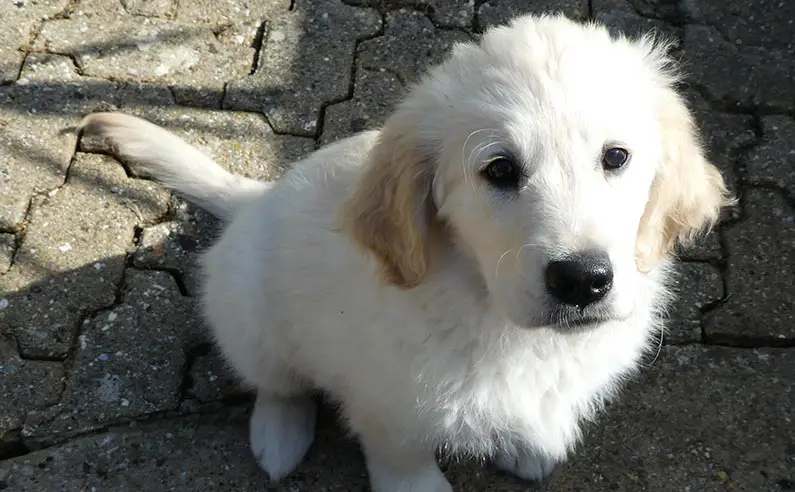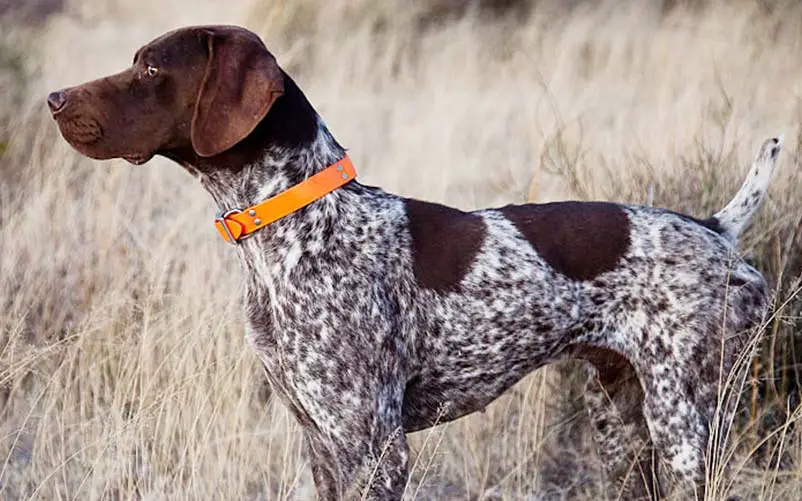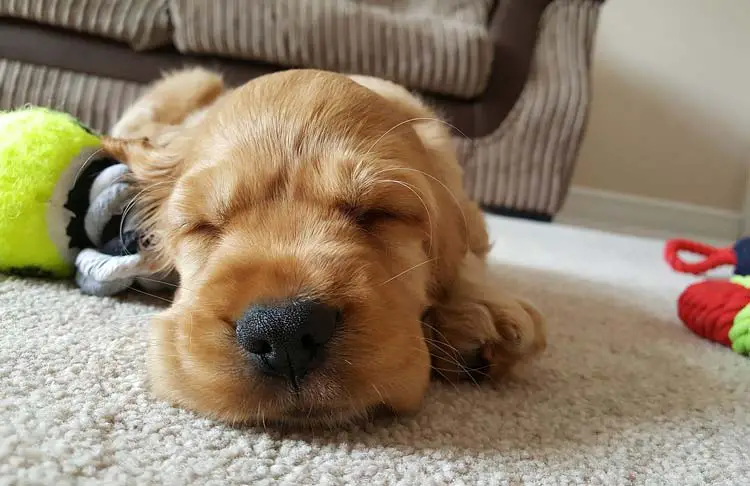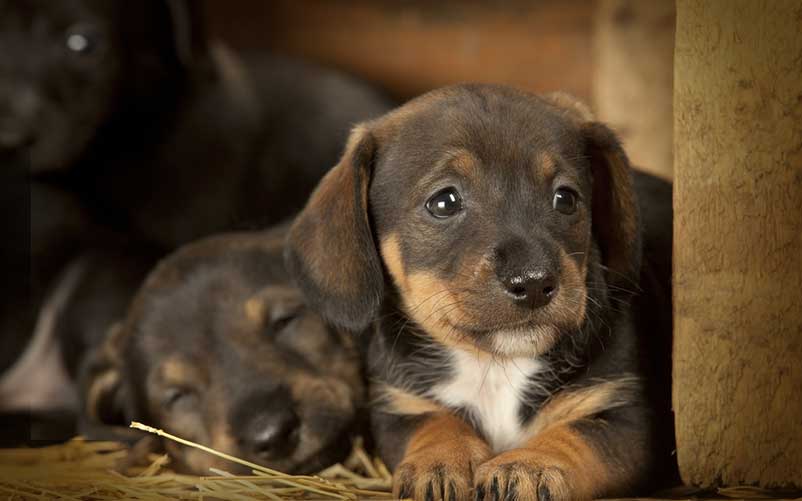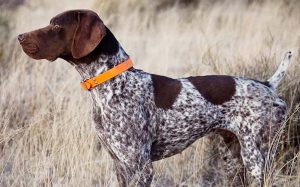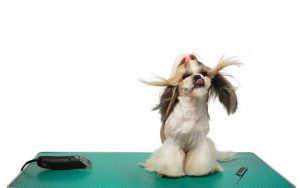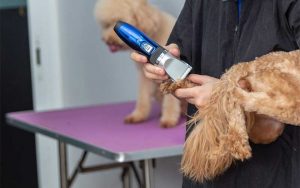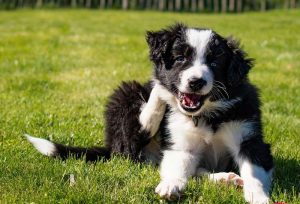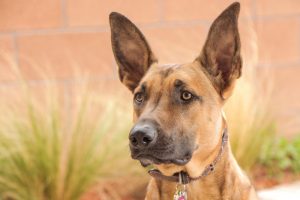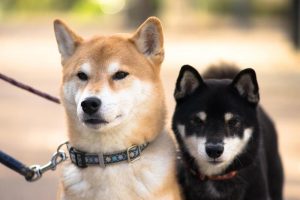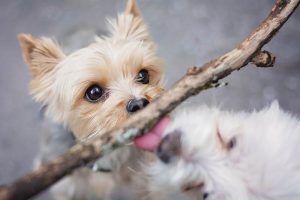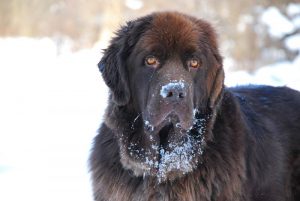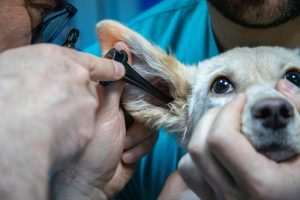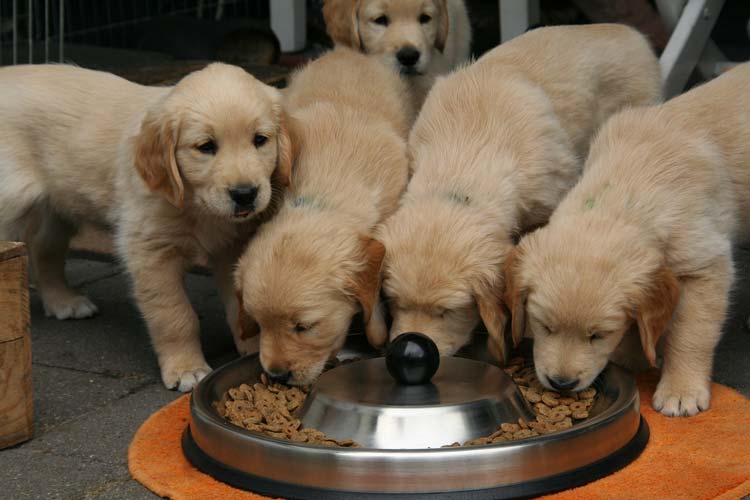
Is your dog not chewing its food? You probably searched for this article looking for answers. We’ll help you out with a couple of answers and tips on managing your dog’s diet and eating habits.
When dogs are not chewing their food, you may become worrisome with their digestive health. In some cases, bloating or similar dietary issues could happen.
Page Contents
Why is my dog not chewing their food?
Here are the possible reasons why your dog is not chewing their food:
See also:
1. They have dental problems
Your dog could have a toothache that’s causing them to feel pain when they chew their food. If you suspect that your dog has dental problems, it’s best to take them to the vet.
Your vet could advise softer foods, such as wet or canned food. You can also offer foods with more soups or gravy to help them chew or swallow their food.
2. Eating fast is part of their wolf ancestry
As canines that root down from the wolf ancestry, in the wild, they need to become scavenger hunters and also need to eat their food quickly before it is stolen from them. It’s all about survival of the fittest in the great outdoors and your dog might have adapted this behavior due to their wildlife genes.
This doesn’t mean that your dog’s gorging behavior can’t be controlled. If your canine friend eats too fast, you can try giving them a slow feeder to limit their consumption so that they’ll somewhat chew their food.
3. Your dog could be stressed by different factors
If you have a multi-dog household, there’s a chance that your dog is eating too fast and not chewing their food because they feel that they compete with the other dogs. This, again, roots down to their survival instincts in the wild.
Disturbances that could make your dog not chew their food properly is the sound of the bowl if it is made of metal or glass. Sudden sounds usually scare pets and if they do get scared, they won’t feel at ease when eating so they will tend to eat faster.
How to get your dog to chew their food
If your dog hasn’t been chewing their food, here are some ways to help them out:
1. Brush their teeth regularly
Enforcing a routine for dental health will help your dog have stronger teeth. Keeping their teeth healthy is important to help them chew their food without pain. When you brush your dog’s teeth, make sure to use dog toothpaste or at least pet-appropriate toothpaste.
2. Give them crunchy treats
To avoid dental problems in the future, crunchy treats help strengthen your dog’s teeth. Treats have a strong texture that will help them to fight off various problems associated with their teeth. However, be cautious when giving them treats so that you don’t add too much to their calories.
3. Give them appropriately-sized kibble or food bits
Some dogs, especially large breeds, tend to swallow their kibble directly instead of chewing them simply because they are too small. What you’ll need to do is to buy them kibble that is appropriate for their breed size.
4. Use large, low-noise plastic bowls
One important aspect of eating is to feel at ease. Since we mentioned above that dogs might get scared of clanking noise, you may want to switch to plastic bowls instead of traditional glass or metal. This will cause their eating activity to not make sudden noises.
When you use a large bowl instead of a small bowl, your dog will have less likelihood of bloating because the food won’t be piled or stacked in a heap. If the food on the bowl is laid down flat, it will not entice your dog to gobble a lot of food.
5. Don’t distract them when they eat
Tell your fellows at home to not distract the dog when they eat. A dog will eat slowly and calmly if they are not startled or distracted by others. Consider feeding your dog in a quieter place in the house or at least away from people and foot traffic. If you have kids at home, tell them that dogs will not eat properly if they are bothered.
6. Consider a slow-feeder bowl
Another way to help your dog not gobble their food is to use a slow feeder bowl. These specially designed bowls will help your dog to slow down on their feeding, as the name implies. If your dog is a certified gobbler, this is a great investment, especially if the dog breed is prone to bloating and the like.
7. Add some liquid to their food
Perhaps a dash of gravy or soup will help your dog not experience bloating and difficulty in eating and/or swallowing their food. If you can’t get your dog to slow down eating, having liquid in their food will help get their food down their system without any side effects.
8. Increase the height of the feeding bowl
Sometimes, bloating is caused by a bad position when your dog eats. Consider adding height to their dog bowl’s position if they are prone to bloating and digestive issues.
9. Try feeding them away from other dogs in the house
As mentioned above, if you have other dogs in your home, consider feeding them separately. Rivalry among dogs is common in the domesticated canines, just as they were in the wild. Such rivalry will lead them to eat faster and even fight other dogs for food, ending up with your dog not chewing their food properly.
To solve this problem, simply set different schedules for your dogs – especially for the dog that doesn’t chew their food. This will also help relax the dog when they are eating.
10. Consult your vet for other options
If you still don’t know why your dog isn’t chewing their food properly or can’t get your dog to slow down eating, you might want to consult a vet. They will help you figure out the best course of action for your canine friend.
